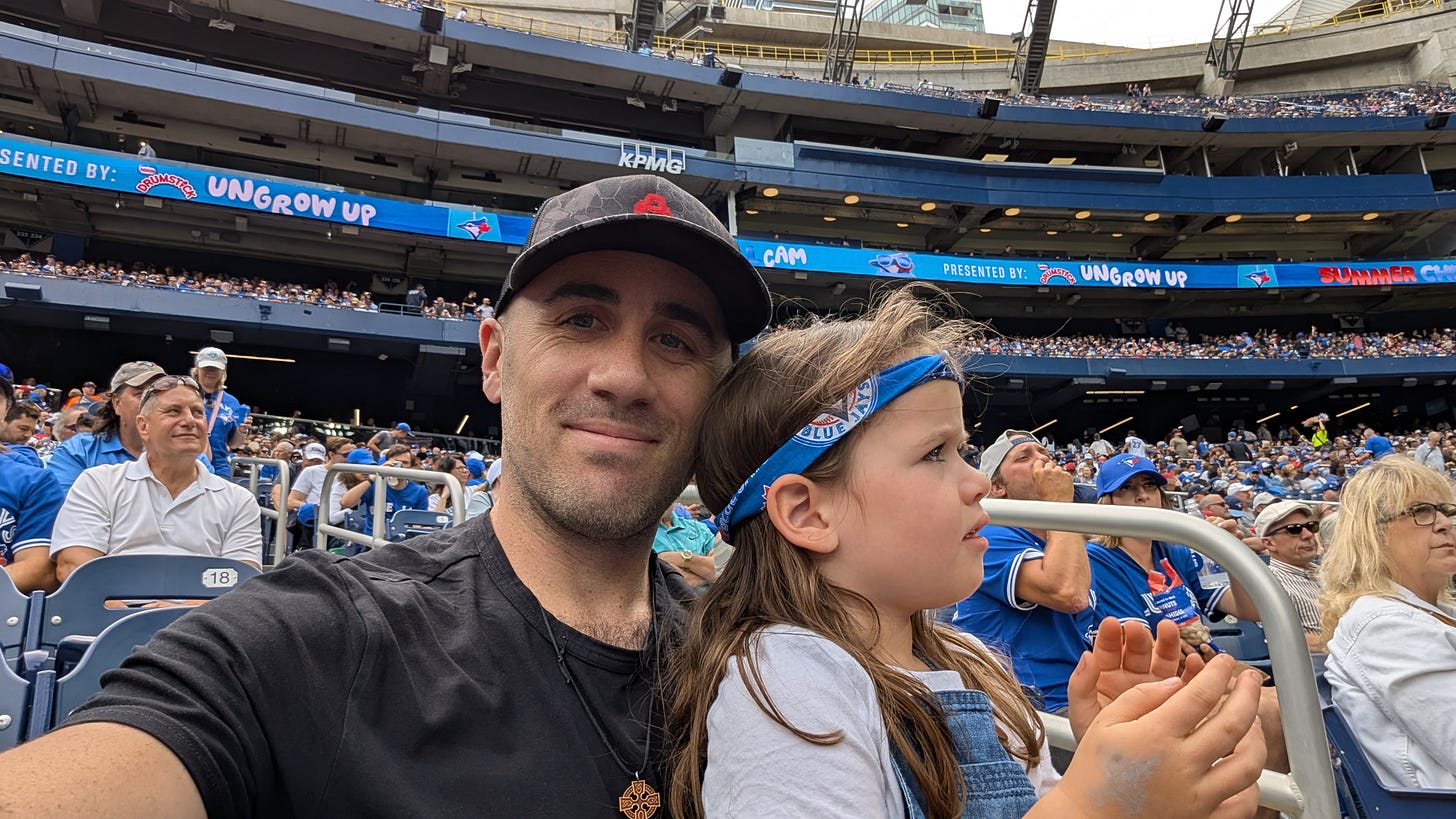
Children are naturally curious — this isn’t something adults have to foster in them. The world around us that we can take for granted is new to them and, as they grow, their understanding of that world changes.
For instance, there was a time in my child’s life when, if she noticed a homeless man sleeping on a sidewalk, she wouldn’t think to mention it, much less ask questions. Now, however, a homeless man sleeping on the sidewalk is of great interest to her and it inspires many questions.
I use that as an example because the question can be somewhat awkward, especially if the child is asking it in public, within earshot of the person in question or other passersby. Those kinds of questions, and other potentially sensitive questions about race, culture, people experiencing mental health episodes, violence, yelling — heck even animals mating (real life example) can cause parents to tense up and dismiss or reprimand the child for being curious.
Curious children can also have their questions dismissed or discouraged when an adult is feeling tired, irritable, or is trying to accomplish another task.
Discouraging the inherently curious mind of a child will be done by all parents in moments of weakness — we’re imperfect people. But patterns of discouragement will implant in the child, and will, over time, remove their desire to be curious about the wonderfully curious, odd, beautiful, inspiring world around them.
If a question has you stumped, or you feel uncomfortable addressing it in the moment, let them know you’ll talk about it later. It’s fine not to know how to address every type of question in the moment. Do a bit of research if you must, just don’t forget to follow up with your child.
While I will refrain from suggesting that there’s no such thing as a bad question knowing a child’s predilection for absurdity and silliness and questions related to bodily functions, I will suggest that there’s no such thing as bad (genuine) curiosity.
This is how we raise children with a thirst for knowledge, with courage, and an indomitable spirit that won’t accept “Because I said so,” or “That’s just the way it is,” as answers… Especially as answers to questions that very much matter.
Smell the Roses is a newsletter where I share stories, thoughts, adventures, and tidbits of advice about #DadLife. If this interests you, don’t forget to subscribe!



Great post, Andrew. It reminded me of one of my favorite stories.
I was watching The Andy Griffith Show with my oldest daughter when she was about three or four years old (she’s 27 now). At one point, I mentioned that something in the show was just like it was when I was her age - I grew up in a small town, so it felt familiar.
Much later, out of the blue, she asked me what color the school buses were when I was growing up. I told her they were yellow, just like they are today.
She looked me straight in the eye and said,
“I thought everything was black and white when you grew up.”
Stifling a child’s genuine curiosity and questions is inherently dangerous. If done long enough, the child will learn their thoughts and opinions don’t matter—and their self esteem will plummet. I know, because it happened to me. My parents never let my sisters and I speak in public because my stepfather was well known, and it was always about appearances in public. I broke the cycle with my now 27 year old son, I’m happy to say. He was curious enough last year to learn how to build a PC—and then he set about doing it. 🥰